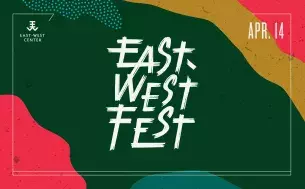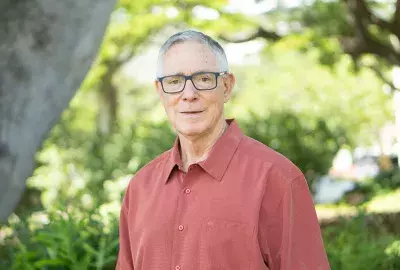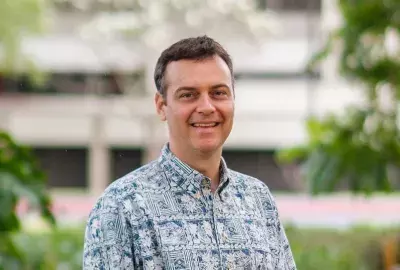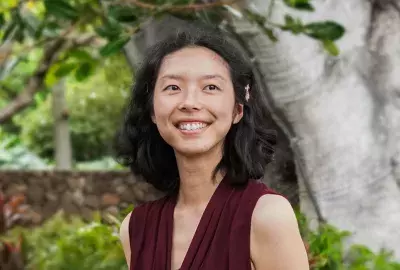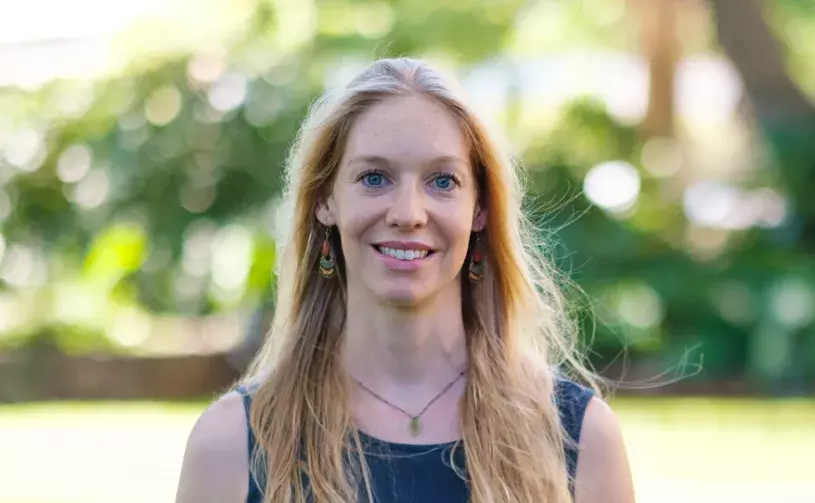
Climate change adaptation and vulnerability in the Pacific islands; anthropogenic impact on coastal ecosystems; conservation biology; bridging science and resource management, integration of Indigenous/Local knowledge systems and Western Science
Paula Moehlenkamp is the Project Specialist with the Pacific Regional Integrated Sciences & Assessments (RISA) program in cooperation with Hawai‘i Green Growth (HGG). Paula received her Bachelor in Environmental Sciences (2015) from Jacobs University Bremen in Germany and her Master in Oceanography (2018) from the University of Hawai‘i. Her program of study centered on the exploration of anthropogenic impact on coastal ecosystems, conservation biology, and climate change adaptation in the Pacific Region. During her Master’s, her research focused on monitoring environmental variability and ecosystem health at a traditional Hawaiian fishpond and supported community restoration and resource management efforts in Heʻeia watershed, O‘ahu.
From 2018–2021, Paula worked as Oceanographic Research Coordinator at the University of Hawai‘i. In this role, she managed interdisciplinary research investigating the influence of anthropogenic stressors on water quality and ecosystem health in Maunalua Bay, O‘ahu and collaborated with research groups, state agencies, NGOs, and community organizations to bridge science and resource management efforts. In 2020, Paula worked with Sustainable Coastlines Hawai‘i and conducted a comprehensive analysis of Hawai‘i’s plastic “ecosystem” to support organizational strategy building and advance the effectiveness of plastic pollution interventions. Further, she has supported science communication and outreach initiatives for He‘eia National Estuarine Research Reserve (NERR) and Wastewater Alternatives and Innovations (WAI) on watershed restoration and management and the impacts of wastewater pollution on water quality. Paula is dedicated to translating science into actionable knowledge for a variety of stakeholders in conservation and resource management as well as to integrating Indigenous knowledge systems and Western science to fuel sustainable solutions for the benefit of nature and people.
In her current position, Paula is working across the Pacific RISA and HGG teams to use the Aloha+ Dashboard—Hawai‘i’s local framework to achieve the United Nations (UN) Sustainable Development Goals (SDGs)—as a model to determine locally and culturally appropriate metrics for a similar framework in one or more of the Freely Associated States (FAS) in Micronesia. The project builds regional capacity in the ability to track biophysical and social indicators of climate change impacts, management responses, and adaptation goals in the framework of the Local2030 Island Network.
Paula Moehlenkamp is the Project Specialist with the Pacific Regional Integrated Sciences & Assessments (RISA) program in cooperation with Hawai‘i Green Growth (HGG). Paula received her Bachelor in Environmental Sciences (2015) from Jacobs University Bremen in Germany and her Master in Oceanography (2018) from the University of Hawai‘i. Her program of study centered on the exploration of anthropogenic impact on coastal ecosystems, conservation biology, and climate change adaptation in the Pacific Region. During her Master’s, her research focused on monitoring environmental variability and ecosystem health at a traditional Hawaiian fishpond and supported community restoration and resource management efforts in Heʻeia watershed, O‘ahu.
From 2018–2021, Paula worked as Oceanographic Research Coordinator at the University of Hawai‘i. In this role, she managed interdisciplinary research investigating the influence of anthropogenic stressors on water quality and ecosystem health in Maunalua Bay, O‘ahu and collaborated with research groups, state agencies, NGOs, and community organizations to bridge science and resource management efforts. In 2020, Paula worked with Sustainable Coastlines Hawai‘i and conducted a comprehensive analysis of Hawai‘i’s plastic “ecosystem” to support organizational strategy building and advance the effectiveness of plastic pollution interventions. Further, she has supported science communication and outreach initiatives for He‘eia National Estuarine Research Reserve (NERR) and Wastewater Alternatives and Innovations (WAI) on watershed restoration and management and the impacts of wastewater pollution on water quality. Paula is dedicated to translating science into actionable knowledge for a variety of stakeholders in conservation and resource management as well as to integrating Indigenous knowledge systems and Western science to fuel sustainable solutions for the benefit of nature and people.
In her current position, Paula is working across the Pacific RISA and HGG teams to use the Aloha+ Dashboard—Hawai‘i’s local framework to achieve the United Nations (UN) Sustainable Development Goals (SDGs)—as a model to determine locally and culturally appropriate metrics for a similar framework in one or more of the Freely Associated States (FAS) in Micronesia. The project builds regional capacity in the ability to track biophysical and social indicators of climate change impacts, management responses, and adaptation goals in the framework of the Local2030 Island Network.



